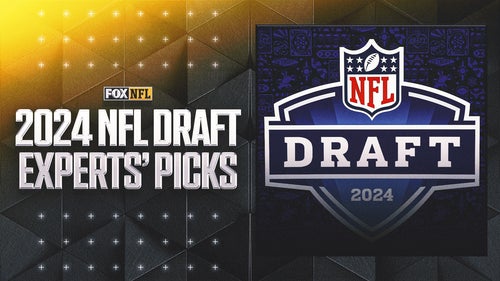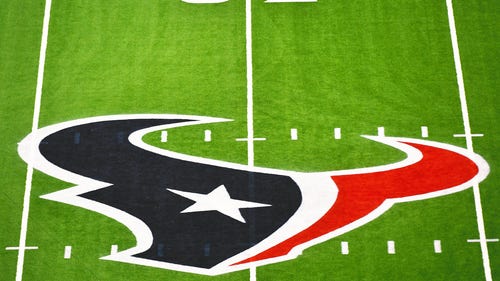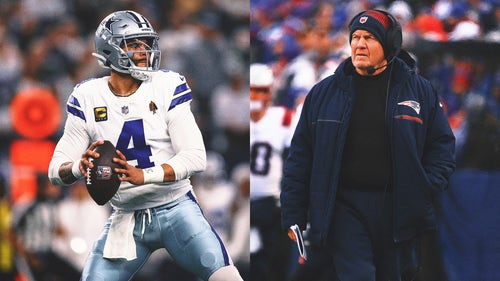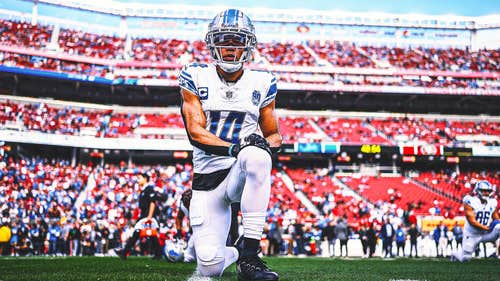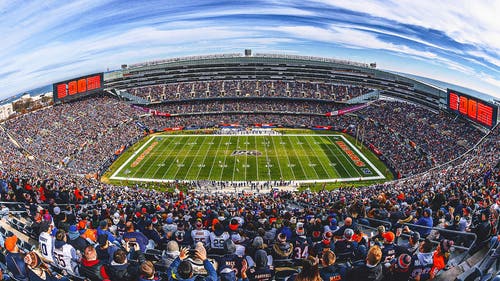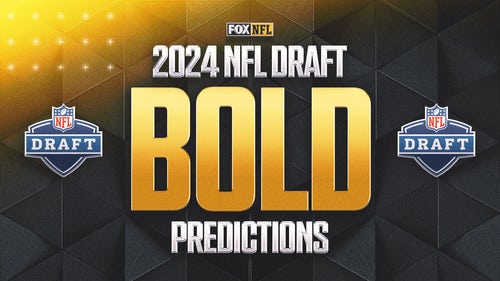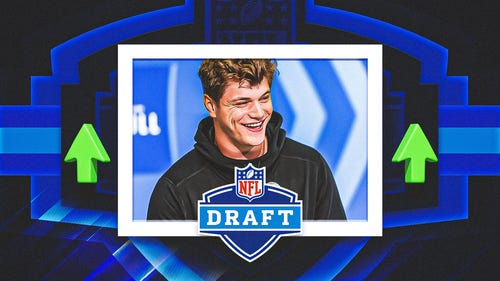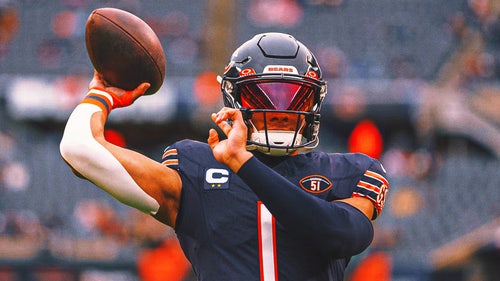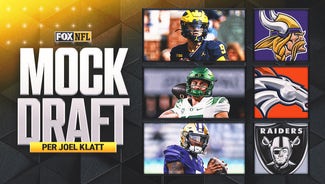
Can recent stands help gay athletes?
When Chris Kluwe and Matt Birk were teammates in Minnesota, the lanky punter and the burly center were kindred spirits — football players with an intellectual curiosity and an independent streak, carving out careers in an environment where those qualities are rarely encouraged.
So, it was no wonder that on a team best known for the petulant antics of Randy Moss and the party boat sex scandal, Birk and Kluwe gravitated toward each other as parents might around a sandbox.
During the three seasons they spent together with the Vikings, they talked during idle time and regularly teamed up at lunch to tackle crossword puzzles in the local paper, the Minneapolis Star-Tribune, and the New York Times.
Now, Kluwe and Birk, are standing out — and apart — in Minnesota for a different reason.
They have lent their voices to a local issue that resonates nationwide — the divisive debate over gay marriage. Each is on one side of the divide.
Birk, a Harvard graduate and 2011 NFL Man of the Year who has been a leading voice among player-safety advocates, wrote an op-ed piece for the Star-Tribune and filmed a Catholic church promotional video in support of a state constitutional amendment that would define marriage as a union between a man and a woman and make it more difficult for lawmakers to make same-sex marriage legal.
Kluwe, an avid social media participant and perhaps the NFL’s most outspoken advocate for gay rights, responded with a pointed critique of Birk’s piece.
That prominent professional athletes have chosen to dive into a hot-button political issue may be taken as another sign that they are becoming less timid about being involved in social or political causes because, as Michael Jordan once famously noted, Republicans buy shoes, too.
But more significant is that the topic involves gay rights.
Major league sports are the last closet for gays in the United States, an industry where it is still most comfortable to keep your orientation to yourself.
Slowly, though, the door is creaking open.
Brian Burke, the Maple Leafs general manager, marched in a gay pride parade after his son, since killed in an auto accident, came out. The NBA fined Kobe Bryant $100,000 for uttering a gay slur that was caught by TV cameras and ran a public service campaign denouncing gay slurs. Boxer Orlando Cruz, a featherweight contender, announced Wednesday that he is gay.
If these are all welcoming signs, then so are athletes openly discussing — and stumping — on the subject of gay rights.
“It shows that sports are finally catching up to the rest of the society in debating this issue,” said Jim Buzinski, a co-founder of Outsports.com, which chronicles gay sports issues. “This used to be something that people in sports wouldn’t touch with a 10-foot pole. You couldn’t get guys to even discuss gays as if just talking about it would taint them.”
Kluwe has become something of a media darling after his excoriating letter last month to Maryland congressman Emmett C. Burns Jr., who criticized Ravens linebacker Brendan Ayanbadejo — a teammate of Birk — for supporting gay marriage with a similar initiative in Maryland (Burns wrote in a letter to the Ravens that athletes shouldn’t speak out on political issues).
Kluwe has been interviewed by MSNBC, GQ and the American Prospect, dozens of radio and local TV stations, featured in the New York Times and profiled in a cover story for Out magazine.
“It’s great that me, Brandon and Matt have an opportunity to speak up,” said Kluwe, who has a gay brother-in-law. “First and foremost, we’re American citizens and we have a right to have our voice heard. But being in the NFL, you can’t be a distraction; otherwise, they’re going to cut you.”
Perhaps for that reason, Birk, through the Ravens, declined an interview request. He acknowledged to reporters in Baltimore earlier this week that these initiatives, which are on the ballot in Maine, Minnesota, Maryland and Washington, are “a very inflammatory, very hot topic” and asked reporters who cover the team to let him focus on football.
“This isn’t going to turn into a circus,” Birk said.
Kluwe has no such governor. In fact, he believes it’s almost his responsibility to speak on the subject, calling it sad that what he views as a basic human right — for two people to be married and realize the benefits of a union — is a struggle akin to suffrage and segregation.
The topic of gay marriage now comes up with his teammates, some of whom agree and some of whom do not. The discussions, Kluwe said, are respectful — as are the ones in Baltimore that Ayanbadejo says he has had with Birk.
“Matt’s a great guy who has done a lot of great work,” Kluwe said. “It’s just on this issue, he’s wrong. I’ve yet to see a single rational reason why it’s OK to deny a group of people a basic human right.”
Birk frames his support of the initiative as not being against gays, but in favor of children being raised by a man and a woman whenever possible.
Interestingly, if professional sports locker rooms are still viewed as places where homophobia is largely acceptable, Birk’s position is not one that many athletes are willing to take publicly.
As Americans have increasingly thrown their support behind gay marriage, increasingly so have more football players, with Kluwe, Ayanbadejo, Houston’s Connor Barwin and Cleveland’s Scott Fujita among those who have publicly supported it.
As attitudes change, players on the other side of the divide, those whose views mirror Birk, may find themselves in an uncomfortable minority. Like those who once believed in separate but equal, they may find it more expedient and more socially acceptable to keep their opinions tucked away in a secure place — the closet.






































































































































